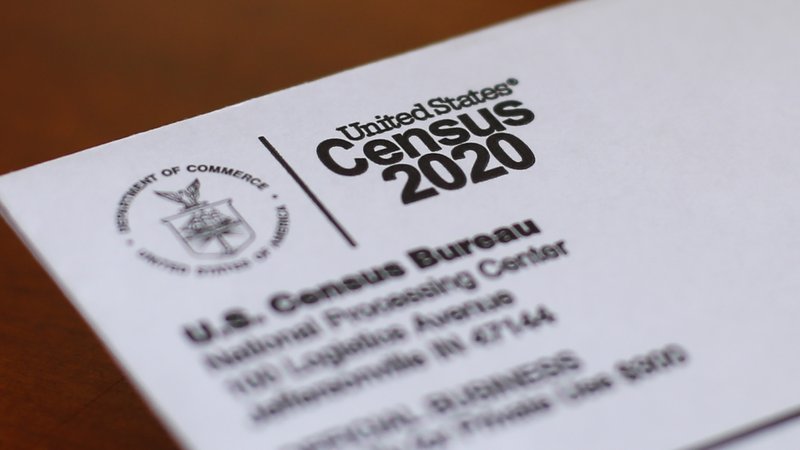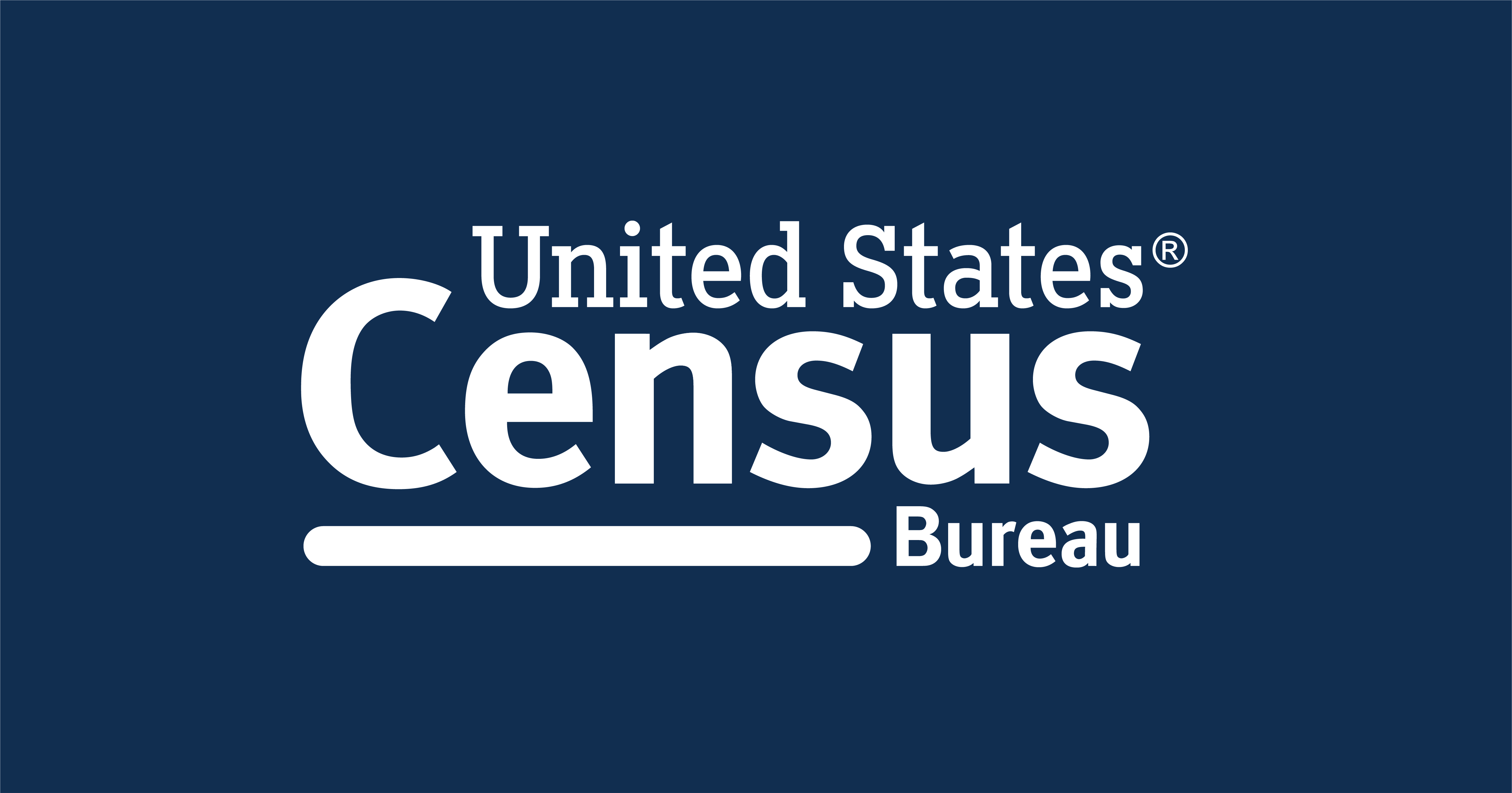North Carolina’s legislative district maps, which have been subject to many lawsuits since being drawn in 2011, saw their most recent update upheld by a three-judge panel in Superior Court on Monday. The panel ruled the Republican lawmakers’ recent remapping efforts correctly followed the guidelines set after the panel rejected their previous designs in September.
The court was revisiting the map after advocacy group Common Cause, voters, and the state Democratic Party alleged the changes to nearly 80 districts still heavily favored the incumbent Republican representatives. The groups successfully sued Republicans for partisan gerrymandering in 2017 for how they drew the districts.
Graig Meyer represents District 50, which contains a portion Orange County, in the state House of Representatives. He says despite the court’s decisions, he’s continued to vote against the designs because they still favor Republican incumbents.
“When the courts ordered us to draw new legislative districts last month,” Meyer says, “I voted against the maps because the legislature chose to protect all incumbents. The courts gave permission for the legislature to do that, but I think if you’re protecting incumbents, you’re inherently gerrymandering to protect the current majority.”
While the Superior Court’s ruling signals the state legislative map is now decided for the 2020 elections, another state voting map now appears it will also need changes before then. The same panel of three Superior Court judges blocked the state congressional map on Monday, citing the same unlawful partisan gerrymandering of districts by Republican lawmakers. The State Board of Elections projects the districts will need to be redrawn and finalized before December 15.
But no matter the finished product for the state legislative or congressional maps, neither will last more than two years before being revisited. Following the 2020 election and census, the maps will all be redrawn in 2021, as dictated by the U.S. Constitution.
In North Carolina, that duty currently falls to the party in power, but that method could also change.
The state House held a meeting last Thursday to discuss whether to change North Carolina’s redistricting methods. Meyer says there were three primary options discussed, with one being a state constitutional amendment creating an independent redistricting commission and two others that would be implemented as law. He says in addition to that distinction, there are still other decisions about how to implement a new redistricting method that must be made.
“Once you say, ‘yes, we need some type of independent redistricting,’” Meyer says, “you have to choose [whether] the independent process done by non-partisan staff of the legislature or by some type of citizens’ commission. I tend to prefer a citizen approach in the way a few other states do it, but the citizen approach right now doesn’t have as much support in the current legislature.”
The House took no vote on any redistricting method at the meeting and there is no timeline or guarantee that a vote will ultimately be held. Meyer has said on multiple occasions that, if Democrats win a majority in the state House in 2020, the first measure he would sponsor would be to overhaul the state’s redistricting process.
Primaries for the 2020 elections are scheduled to begin March 3.
Related Stories
‹
![]()
What’s Behind the Growth Slump? Takeaways From Census DataWritten by NICHOLAS RICCARDI and MIKE SCHNEIDER The first batch of once-every-decade data from the U.S. Census Bureau shows a United States that is growing less quickly but still seeing its population shift to the South and the West. The data released Monday was relatively basic — containing national and state-level population figures and details of how they […]

NC House Minority Leader Shares Thoughts on Latest Round of Redistricting and MapsRep. Robert Reives II discussed North Carolina's latest redistricting efforts and his concerns over the state's lack of checks and balances.
![]()
On Air Today: Rebecca Tippett of Carolina DemographyThere are now more than 1 million people in North Carolina who identify as Hispanic, making it one of the faster growing populations in the state. Carolina Demography’s Rebecca Tippett joins 97.9 The Hill’s Brighton McConnell to share data from a new report.
![]()
Census Data: US Is Diversifying, White Population ShrinkingWritten by MIKE SCHNEIDER No racial or ethnic group dominates for those under age 18, and white people declined in numbers for the first time on record in the overall U.S. population as the Hispanic and Asian populations boomed this past decade, according to the 2020 census data. The figures released Thursday by the U.S. […]
![]()
Census Data Kicks off Effort To Reshape US House DistrictsWritten by DAVID A. LIEB and NICHOLAS RICCARDI Redistricting season officially kicks off with the release of detailed population data from the U.S. Census Bureau that will be used to redraw voting districts nationwide — potentially helping determine control of the U.S. House in the 2022 elections and providing an electoral edge for the next […]

Census Delays Affect NC Redistricting Plans, Congressional AppointmentsState redistricting plans, allocated federal funding and congressional appointments remain up in the air as U.S. Census data is slowly calculated after delays stemming from the pandemic.

North Carolina Could Lose Billions as 2020 Census Deadline ApproachesIn late July it was estimated that North Carolina is at risk of losing more than $7 billion dollars in federal funding if the remaining four million uncounted residents do not participate in the 2020 Census before its deadline at the end of the month. In mid-August, the US Census Bureau moved the 2020 Census […]

2020 Census Day: How to Fill It OutToday, April 1, is national U.S. Census Day. At this time, every household will have received an invitation to participate in the 2020 Census. Once the invitation arrives, you should respond for your home in one of three ways: online, by phone, or by mail. The 2020 Census counts every person living in the United States […]
![]()
North Carolina Poised to Gain Another Seat in Congress from Census ResultsNorth Carolina is among seven states that are poised to gain at least one new congressional seat. The Charlotte Observer reports that another seat would give the state 14 House members as well as 16 electoral votes. Only six other states would have more. U.S. Census Bureau estimates released this week show that North Carolina’s population has […]
![]()
Redistricting Changes Still Ahead for North Carolina Before 2020 ElectionsNorth Carolina’s legislative district maps, which have been subject to many lawsuits since being drawn in 2011, saw their most recent update upheld by a three-judge panel in Superior Court on Monday. The panel ruled the Republican lawmakers’ recent remapping efforts correctly followed the guidelines set after the panel rejected their previous designs in September. […]
›




